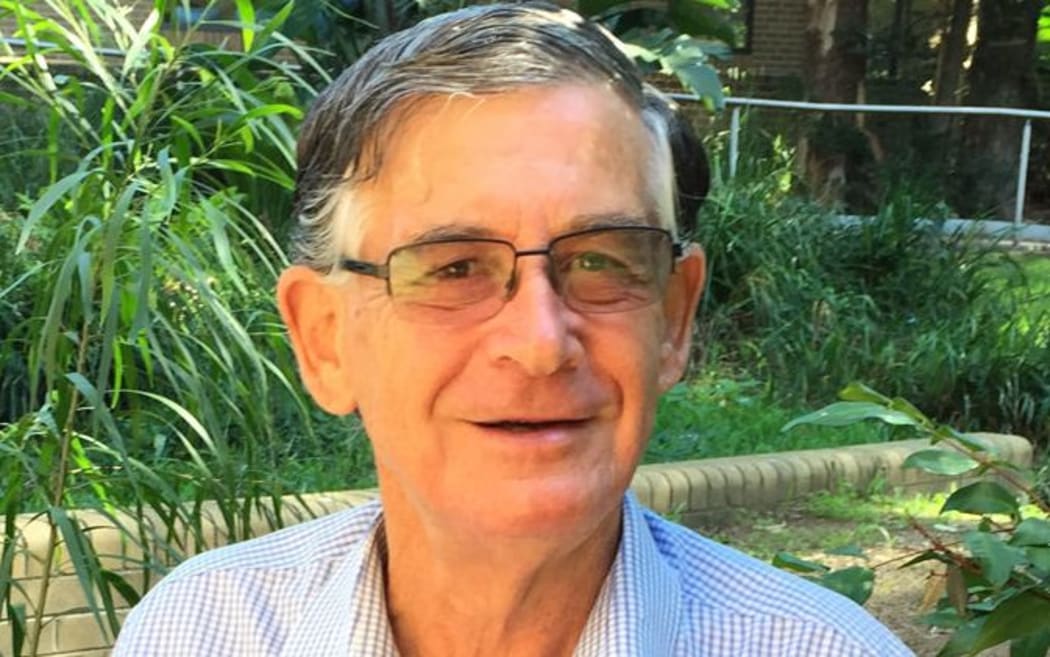An Australian academic says both the Papua New Guinea and Bougainville governments should sit down and sort out concerns over funding.
For several years the autonomous Bougainville government has complained that the national government has failed to fulfil its financial obligations under the Bougainville Peace Agreement.
There are severe shortages across the Bougainville public sector and the ABG says this is hampering its preparations for a referendum on independence in 2019.
Bougainville president John Momis says both parties could seek a court arbitrated resolution, but Professor Ted Wolfers, who has been an advisor on Bougainville issues and helped draw up the Peace Agreement, told Don Wiseman, they should just sit down and start talking it through.
He says there appear to be two issues.

University of Woollongong Emeritus Professor Ted Wolfers
Photo: University of Woollongong
Transcript
TED WOLFERS: One is about the actual application of the formulae in the Bougainville Peace Agreement and of course now in constitutional law in Papua New Guinea, and the other one is whether the money available under those formulae is actually being forwarded in a timely way. So there are those two issues. It obviously to me seems sensible for officials to sit down together and instead of throwing totals at each other try and work out how and why their calculations differ, because there have been I believe change in baseline for at least one of the grants. And of course the other prospect that is before us now is that the five yearly review of the autonomy arrangements is now behind time, and that would provide an opportunity also for external scrutiny and advice on the grants formulae for Bougainville.
DON WISEMAN: Bougainville has got this vote on possible independence. It is less than two years away now. It is a critical time for Bougainville, for Papua New Guinea, but unless this issue is resolved this is going to have a significant impact, is it not, on all of those voters who may be ambivalent at this point in terms of which way they want to go, don't you think?
TW: Well it has two forms of impact. One is that the actual timing of the referendum has to be set with issues like good governance in mind, so if the funding is not available to improve things in Bougainville that itself could be an issue and then of course comes the frustration, perhaps anger of many people at the failure of the government, as they see it, to honour the financial arrangements. And that could have a negative impact on the way people vote, but it could also mean of course that the consequences of the vote, if it is a vote for independence, become even more complex to manage than they would otherwise be, so all around it is a serious issue.
DW: Do you think there is good faith on both sides here?
TW: That's a difficult question to answer. No one has come out against the formula as such but the national government is facing, or has been facing, real financial difficulties and they may be relevant to understanding the current situation. I mean the money isn't lying around waiting to be sent to Bougainville, but it is a worry that what is a constitutionally mandated set of grants is not being implemented in an agreed way.
To embed this content on your own webpage, cut and paste the following:
See terms of use.


